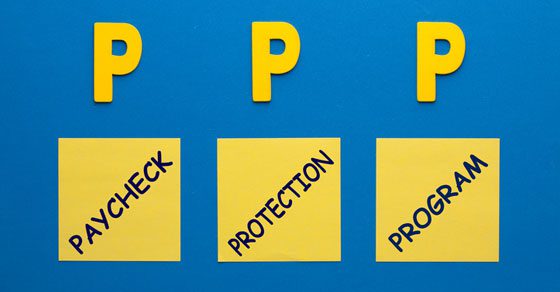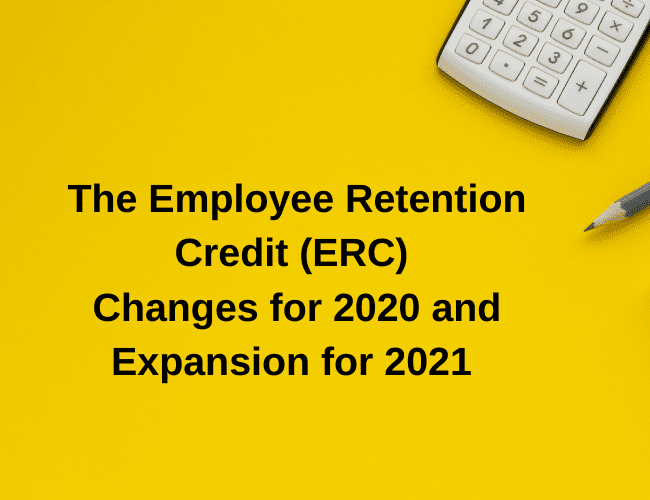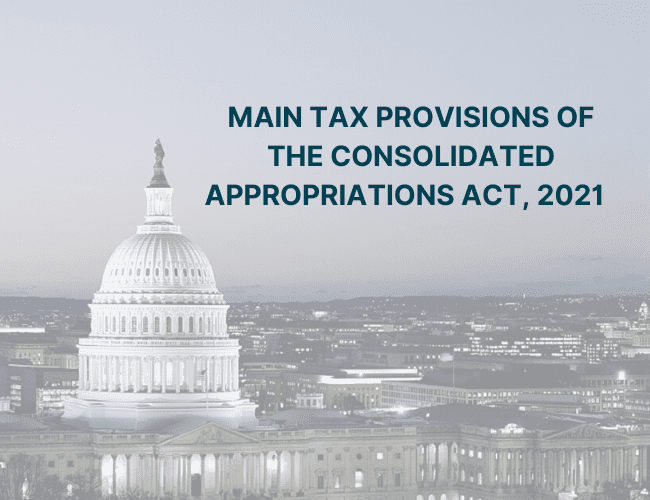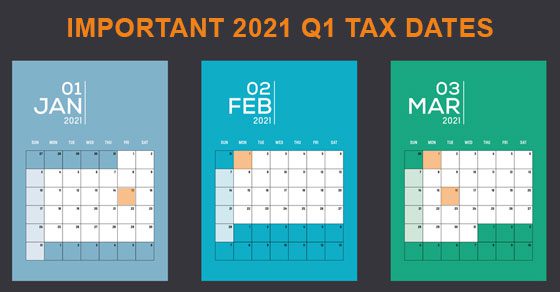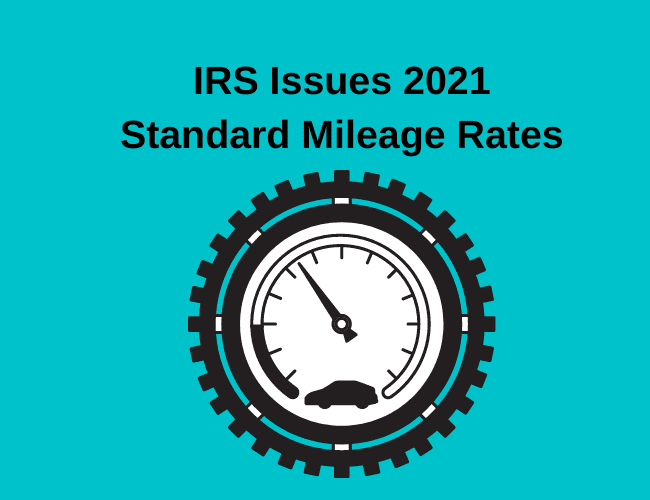Blog
You Must Take Required Minimum Distributions This Year
If you have a traditional IRA or tax-deferred retirement plan account, you probably know that you must take required minimum distributions (RMDs) when you reach a certain age — or you’ll be penalized. The CARES Act, which passed last March, allowed people to skip taking these withdrawals in 2020 but
New Form 1099-NEC and Revised 1099-MISC
There’s a new IRS form for business taxpayers that pay or receive certain types of nonemployee compensation and it must be furnished to most recipients by February 1, 2021. After sending the forms to recipients, taxpayers must file the forms with the IRS by March 1 (March 31 if filing electronically). The requirement
Tax Consequences of PPP Loans
The Small Business Administration (SBA) announced that the Paycheck Protection Program (PPP) reopened the week of January 11. If you’re fortunate to get a PPP loan to help during the COVID-19 crisis (or you received one last year), you may wonder about the tax consequences. Background In March of 2020, the
The Employee Retention Credit for 2020 and 2021
The Consolidated Appropriations Act of 2021 (Act), signed into law on December 27, 2020, contains significant enhancements and improvements to the Employee Retention Credit (ERC). The ERC, which was created by the CARES Act on March 27, 2020, is designed to encourage employers (including tax-exempt entities) to keep employees on their payroll
Direct Payments of Tuition and Medical Expenses Reduce Gift and Estate Tax Exposure
Now that the gift and estate tax exemption has risen to $11.7 million for 2021, you may be less concerned about these taxes. But if you have children or grandchildren in college or with medical expenses, you may want to take advantage of the exemption for direct payments of tuition
Revised Tax Benefits for Higher Education
Attending college is one of the biggest investments that parents and students ever make. If you or your child (or grandchild) attends (or plans to attend) an institution of higher learning, you may be eligible for tax breaks to help foot the bill. The Consolidated Appropriations Act, which was enacted
Consolidated Appropriations Act 2021: The Main Tax Provisions
The U.S. House of Representatives and U.S. Senate passed the Consolidated Appropriations Act, 2021 (bill), a massive tax, funding, and spending bill that contains a nearly $900 billion coronavirus aid package. The emergency coronavirus relief package aims to bolster the economy, provide relief to small businesses and the unemployed, deliver
Q1 2021 Tax Calendar for Businesses and Other Employers
Here are some of the key tax-related deadlines affecting businesses and other employers during the first quarter of 2021. Keep in mind that this list isn’t all-inclusive, so there may be additional deadlines that apply to you. Contact us to ensure you’re meeting all applicable deadlines and to learn more
Paycheck Protection Program 2021 Rules
Congress recently passed, and President Trump signed, a new law providing additional relief for businesses and individuals during the COVID-19 pandemic. One item of interest for small business owners in the Consolidated Appropriations Act (CAA) is the opportunity to take out a second loan under the Paycheck Protection Program (PPP).
2021 Standard Mileage Rates
Beginning on January 1, 2021, the standard mileage rates for the use of a car (also vans, pickups or panel trucks) will be: 56 cents per mile driven for business use, down from 2020, 16 cents per mile driven for medical, or moving purposes for qualified active duty members of



